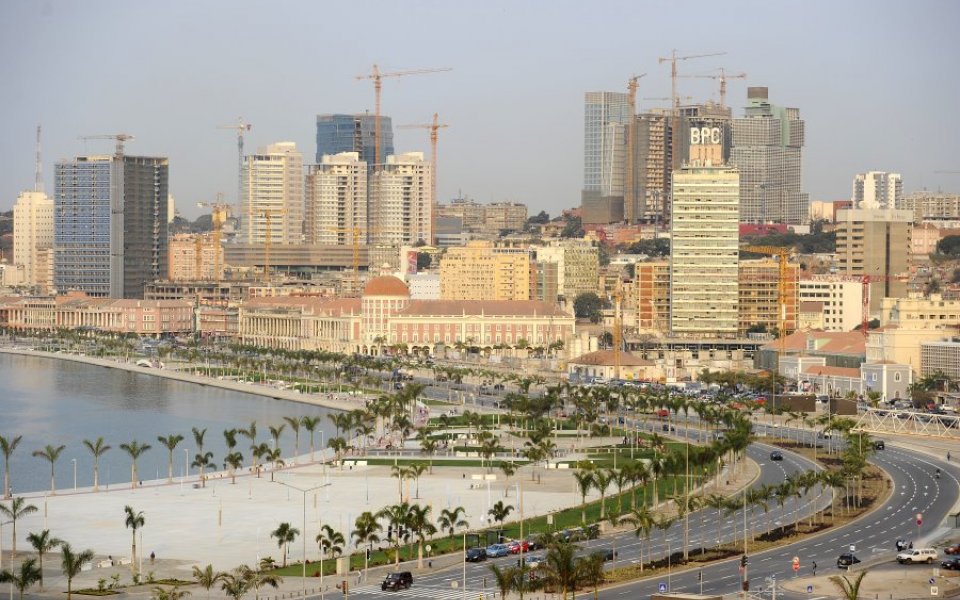We mustn’t let the EU referendum narrow our view of the City’s global opportunities

Only 115 days to go. The EU referendum has been a huge story since well before the date was announced and now we have months of campaigning before polling opens.
In fact, so dominant has the referendum been recently that the world outside Europe has been almost overlooked by the media. I’m writing this column towards the end of a 10 day, three country trip to Africa, building and renewing business links in Angola, Zambia and Mauritius with a host of City firms in tow. The EU is a subject of serious debate here too, but the priority is always local concerns – and these vary significantly from country to country.
My visit to Angola was the third by a lord mayor in the last five years. The country is the continent’s second biggest oil producer and has been affected significantly by low global oil prices. As a result, it is extremely keen to diversify its economy in order to protect against such fluctuations, and this opens up real opportunities for UK business. In addition, Angola has grand ambitions for its infrastructure, in particular Luanda’s “Provincial Master Plan”, which prioritises new roads, schools and hospitals. The City can similarly step in here, supporting financing, insurance, project management and all other infrastructure-related services.
Zambia, the second country on my visit, presents a very different picture: an attractive proposition for foreign investors, continuing strong economic growth, and a liberal economy with no price or foreign exchange controls. While Zambia too has had to adjust to falling commodity prices, the government is in the process of introducing significant new measures to help overcome the short-term price challenge and to set up a more dynamic and sustainable future. As a result of this, real business opportunities do exist. The UK government has recognised this, and a new UK Trade and Investment office opened in the capital Lusaka in September 2014, followed a few months later by the launch of the British Chamber of Commerce.
Finally, this week I’m in Mauritius where I will meet Prime Minister Jugnauth as well as other key ministers and business leaders. Like the UK, Mauritius has a well-developed financial sector, strong banking, legal and insurance frameworks, and a good reputation for other professional services. As a shipbroker, I am particularly keen to hear more about Mauritius’s bold plan to increase the size and quality of its port facilities, expand its financial services offer and develop a string of “smart cities” in which the next generation of business and entrepreneurship can thrive.
There is much that we can do to realise mutual business benefits with all these markets. Indeed, many members of the business delegation on this trip have developed meaningful links in one or more of the three markets – links that will be built on over time. We cannot afford to let the next 115 days narrow our view of the world. Today’s economy is global, not regional. We may be in the process of scrutinising our relationship with Europe, but we must not take the eye off the ball elsewhere in the world.